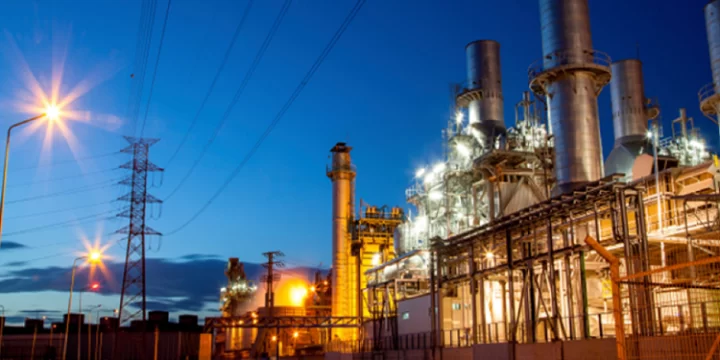The World Bank, the Global Energy Alliance for People and Planet (GEAPP), and the African Development Bank (AfDB) were just a few of the organizations that were present during Nigeria’s virtual launch of its Energy Transition Plan in August 2022. The event presented a roadmap for Nigeria’s journey to net zero by 2060.

Net Zero Climate defines net zero as a state in which the greenhouse gases going into the atmosphere are balanced by the removal of such gases out of the atmosphere.
Nigeria’s Energy Transition Plan will need $410 billion for implementation across the country
The World Bank and Sun Africa have pledged $1.5 billion each to support the plan implementation
The Energy Transition Plan has a roadmap that stakeholders need to implement every year until 2060
The plan contains several important goals like ending gas flaring, developing climate-smart agriculture, increasing off-grid solar adaptation, reforestation, improved electricity grid, energy efficiency adaptation, as well as conditional and unconditional emissions reductions.
According to the 2022 Africa Energy Outlook from the International Energy Agency, Africa contributes less than 3% to the global greenhouse gas emission (GHGs), meanwhile, Nigeria emits million tons of CO2, which is about 0.1% of global GHGs. However, the United Nations’ Intergovernmental Panel on Climate Change has emphasized the pressing need for climate adaptation in Africa. This is due to the fact that some parts of Africa have experienced widespread loss and damage related to biodiversity loss, flooding, water shortages, reduced food production, loss of lives, and reduced economic growth.
Support InfoStride News' Credible Journalism: Only credible journalism can guarantee a fair, accountable and transparent society, including democracy and government. It involves a lot of efforts and money. We need your support. Click here to Donate
